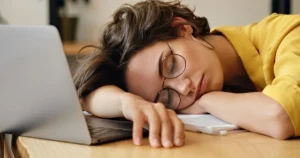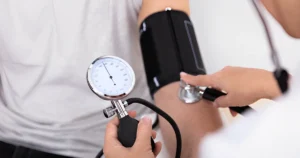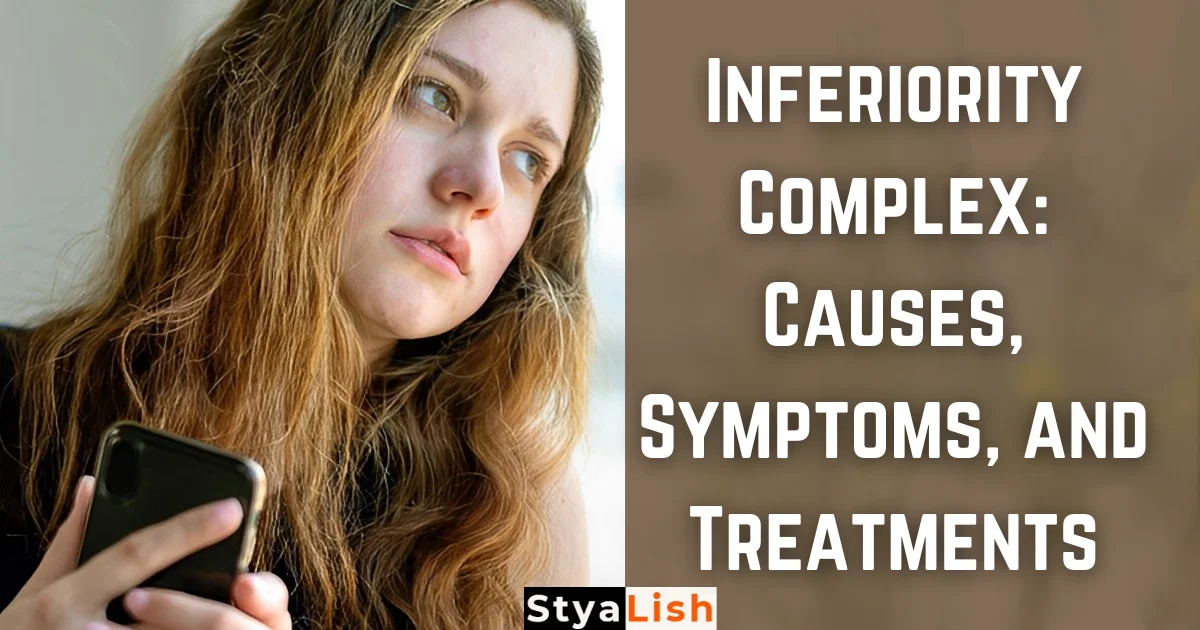5 hours of sleep enough to survive? It is simple to put off going to bed and miss out on rest. Everybody has experienced it: a Netflix series worth binge-watching, a little extra scroll time, or your best friend’s bachelorette party.
You can function on 5 hours of sleep, but that should differ from the norm. Some folks are dubbed short sleepers; they don’t need a lot of sleep. They function for less than 6 hours every night. This is because of genetics.
The bad news is that short sleepers are less. It’s not a good idea for most of us to sleep for only 5 or 6 hours. Research shows insufficient sleep can affect your ability to communicate, solve problems and recall information. You must obtain adequate sleep unless you are a magical sleep mutant to avoid harming your body, health, or general quality of life.
How many hours of sleep is enough to survive?
The specific amount of sleep needed differs from person to person. While your partner could require 10 hours of sleep, your body might feel relaxed after only 8 hours. But for adults, the National Sleep Foundation recommends getting 7 hours or more of sleep each night to recuperate from the day’s shenanigans. 5 hours of sleep enough to survive? No.
The recommendations for each age group are broken down below:
- Adults 65 and up, 7 to 8 hours
- Adults 26 to 64- 7 to 9 hours
- Adults 18 to 25- 7 to 9 hours
- Teens- 8 to 10 hours
- School-age children- 9 to 11 hours
- Preschoolers- 10 to 13 hours
- Toddlers- 11 to 14 hours
- Infants- 12 to 15 hours
- Newborns- 14 to 17 hours
Exactly how much sleep you need depends on your circadian rhythm- the internal clock which tells you it is time to fall asleep or wake up. In addition, environmental cues like light and darkness and sleep hormones like melatonin influence circadian rhythms.
Signs you are not getting proper sleep

If you are sleep-deprived, you know it because, well….yawn. According to the American Academy of Sleep Medicine, excessive daytime sleepiness or exhaustion is a sign of sleep deprivation. It is one thing to make a 3 p.m. Keurig at work. Perk-up to get you through until quitting time. But, you should consider yourself sleep deprived if you nod off during meetings, exams, or while watching a movie. Is 5 hours of sleep enough to survive? No.
Other symptoms of sleep deprivation are-
- Drowsiness
- Inability to concentrate
- Memory problems
- Less physical strength
- Decreased ability to fight off infections
- Hallucinations
If you are facing these symptoms, you must call your healthcare provider.
Health risks from lack of sleep

If you are running low on sleep, you might be an adulating queen but still feel like a giant, cranky toddler. Below are a few unpleasant side effects of not getting enough sleep.
- Irritability
- Lack of motivation
- Anxiety
- Depression
- Low sex drive
Physical symptoms
Your skin can suffer if you don’t get enough sleep. Research shows sleep deprivation can cause your skin to age faster and slow down skin recovery. That face mask is going to do little if you are sleep-deprived. Other physical side effects of sleep deprivation are-
- Puffy eyes
- Dark circles
- Fine lines
Cognitive function
Suppose you believe not getting enough sleep makes you more prone to having those oops! Moments you regret- you are right. Lack of sleep affects your cognitive performance- how well your brain works. A 2007 study of sleep deprivation studies revealed that decision-making, attentiveness, and long-term memory could all be impacted by sleep deprivation. The sides effects of Cognitive function are-
- Delayed reaction time
- Increased distractability
- Decreased energy
- Restlessness
- Decreased coordination
- Poor decision making
- Increased errors
- Forgetfulness
Although they may seem unimportant, consider how these side effects affect public safety. Yet we frequently blame human error for vehicle accidents or train crashes.
Researchers have warned that sleep deprivation and its side effects, like decreased alertness, deserve a closer look. Remember that driving while tired is quite dangerous even though driver’s ed may be outdated and so 2000. The CD cautions that 72,000 accidents involving sleepy drivers resulted in 44,000 injuries and 800 fatalities in 2013. It is serious stuff. But how many hours of sleep is enough to survive?
Health issues

Sleep deprivation has repercussions for your health too. For example, researchers found that in a sample of more than 10,000 people worldwide, obtaining fewer than 4 hours of sleep was equivalent to aging by eight years.
5 hours of sleep enough to survive? No
Your immune system repairs itself while you sleep, and without enough sleep, your body cannot protect itself as well against illness. Get over your self-doubt by reading the ways.
-
High blood pressure
Your blood pressure dips while you sleep, which is good for your heart health. High blood pressure is frequently linked to chronically inadequate sleep, especially in middle-aged people.
-
Heart disease
Short sleep duration is associated with a higher risk of getting coronary heart disease or stroke, according to an analysis of 15 research.
-
Obesity
A 2011 analysis of around 50 studies found connections between sleeping less than 6 hours a night and increased obesity risk. This is due to lack to sleep increases the body’s hunger hormone, ghrelin.
-
Increased cortisol
You have heard of cortisol, the stress hormone. One review of studies on sleep deprivation and the endocrine system found that cortisol may be elevated when you don’t get enough sleep. This may be brought on by stress from a lack of sleep or being particularly exhausted the next day.
-
Diabetes
A 2205 research of persons over 50 indicated that those who slept fewer than 6 hours a night were more likely to get diabetes than those who slept 7 to 9 hours, while the two groups’ physical activity levels were the same.
-
Depression
Lack of sleep may alter how your brain’s neurotransmitters function. For example, in a 2008 study, rats permitted only 4 hours of sleep per day had changes in neurotransmitter activity similar to those seen in human depression. And rodents are not the only ones who get depressed- Research showed that sleep-deprived medical residents also have a few symptoms of depression.
Why are we not sleeping enough?
- Personal issues
- Shift work sleep disorder
- Health issues
- Prescription drugs
- Behaviorally induces ISS
Health benefits of getting enough sleep
- Better mood
- Improved motor skills
- Better athletic performance
- More youthful-looking skin
The National Sleep Foundation recommends
- Trying some gentle yoga poses
- Reducing the amount of blue light that your phone, tablet, or laptop emits
- Skipping caffeine and alcohol in the evening
- Eating dinner earlier in the evening
- Trying a natural sleep aid
- Using a diffuser to provide a relaxing aroma, such as lavender or chamomile essential oil
- Regulating sound by using earplugs, a fan, white noise, or soothing music
- Upgrading your mattress, bed, blanket, or pillow
- Regulating your room temperature
- They are embracing the darkness by covering up any light from electronics and investing in blackout curtains.




